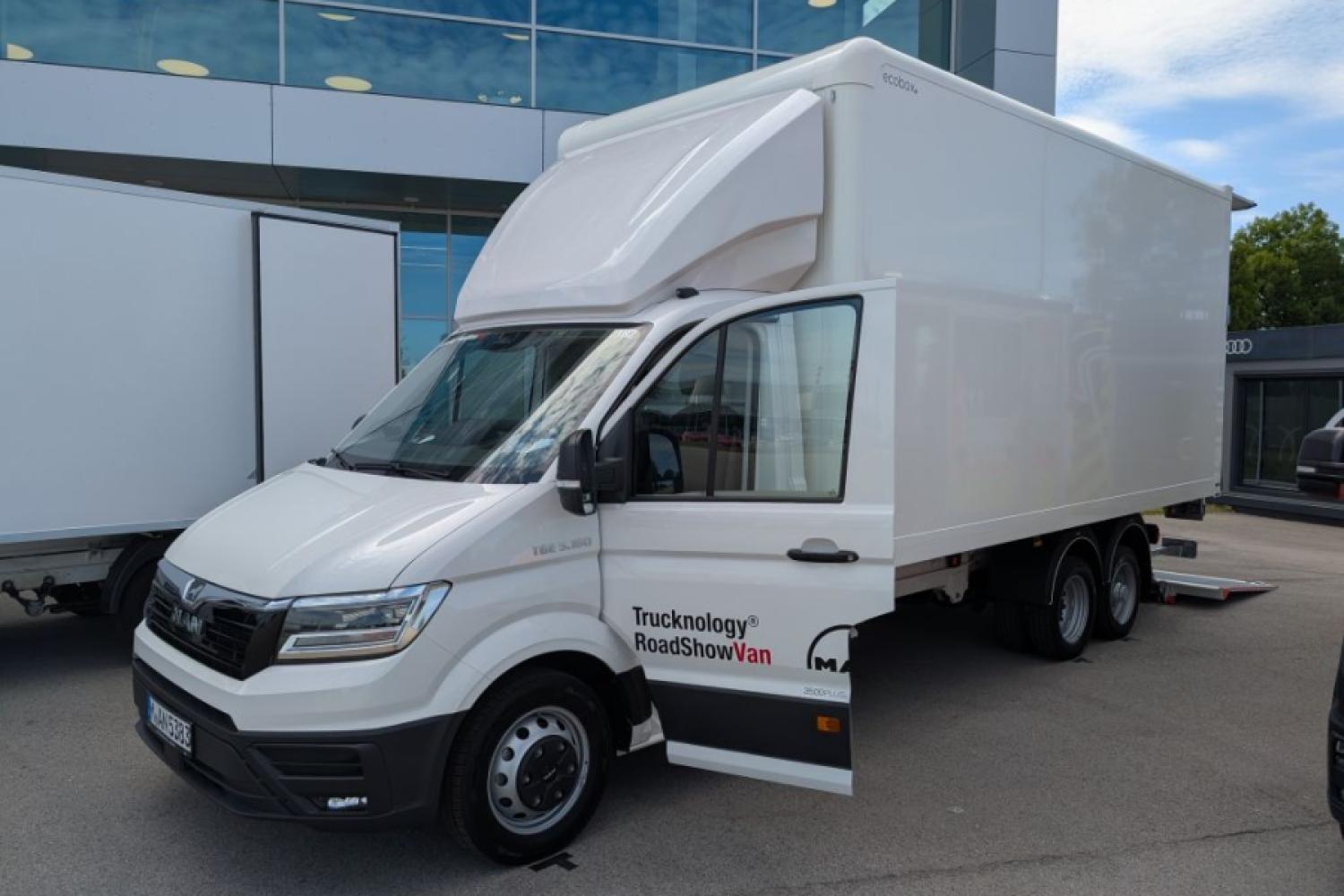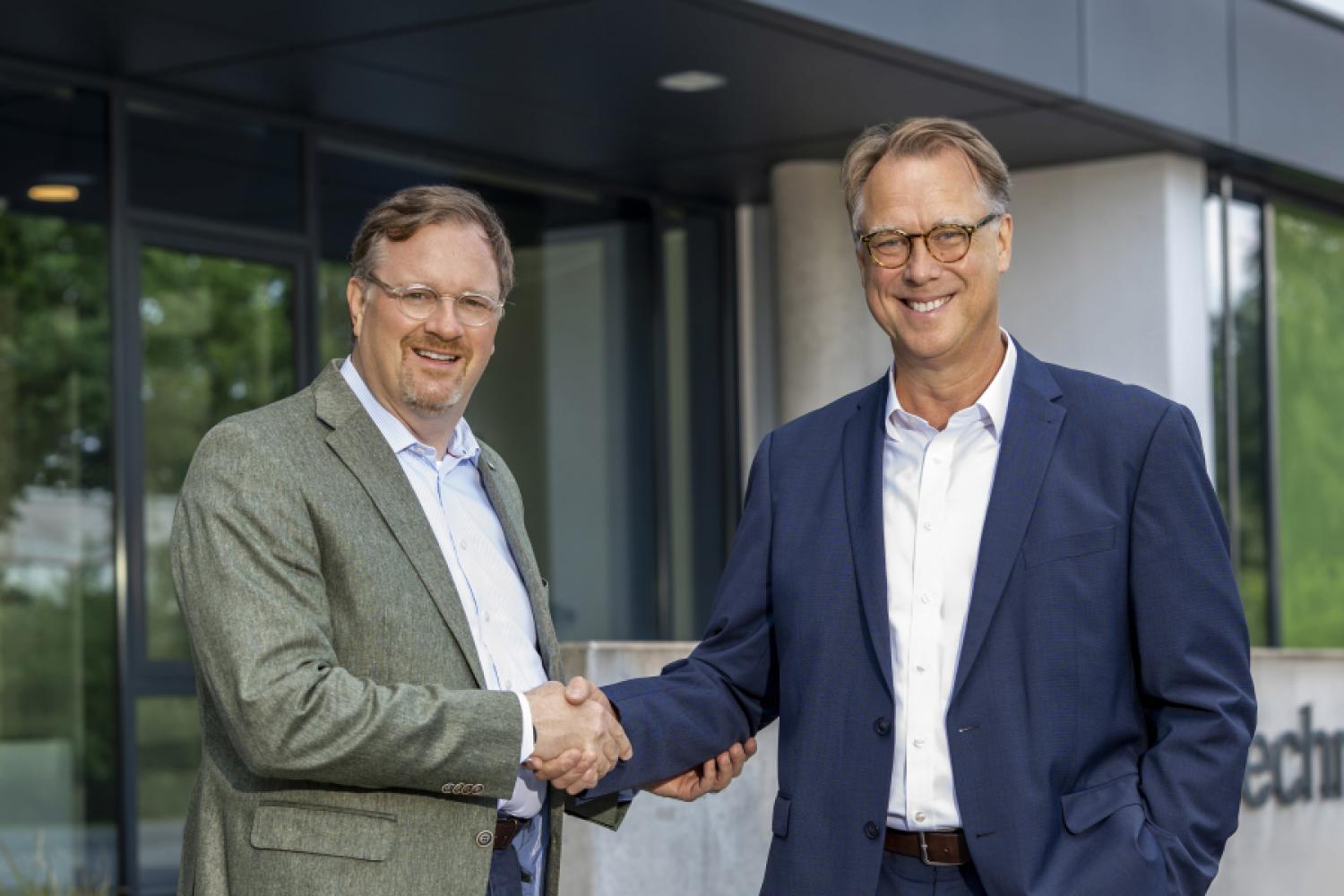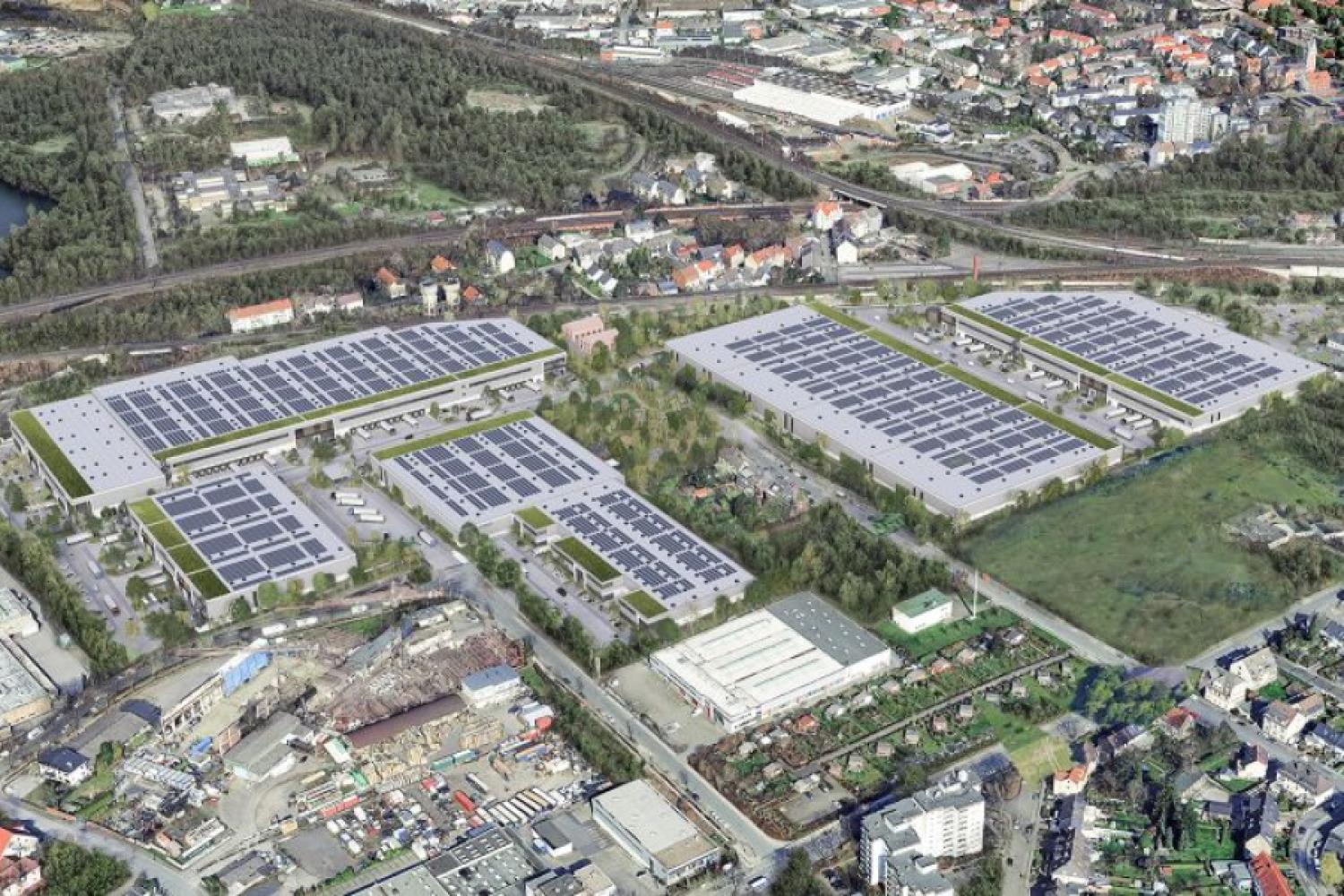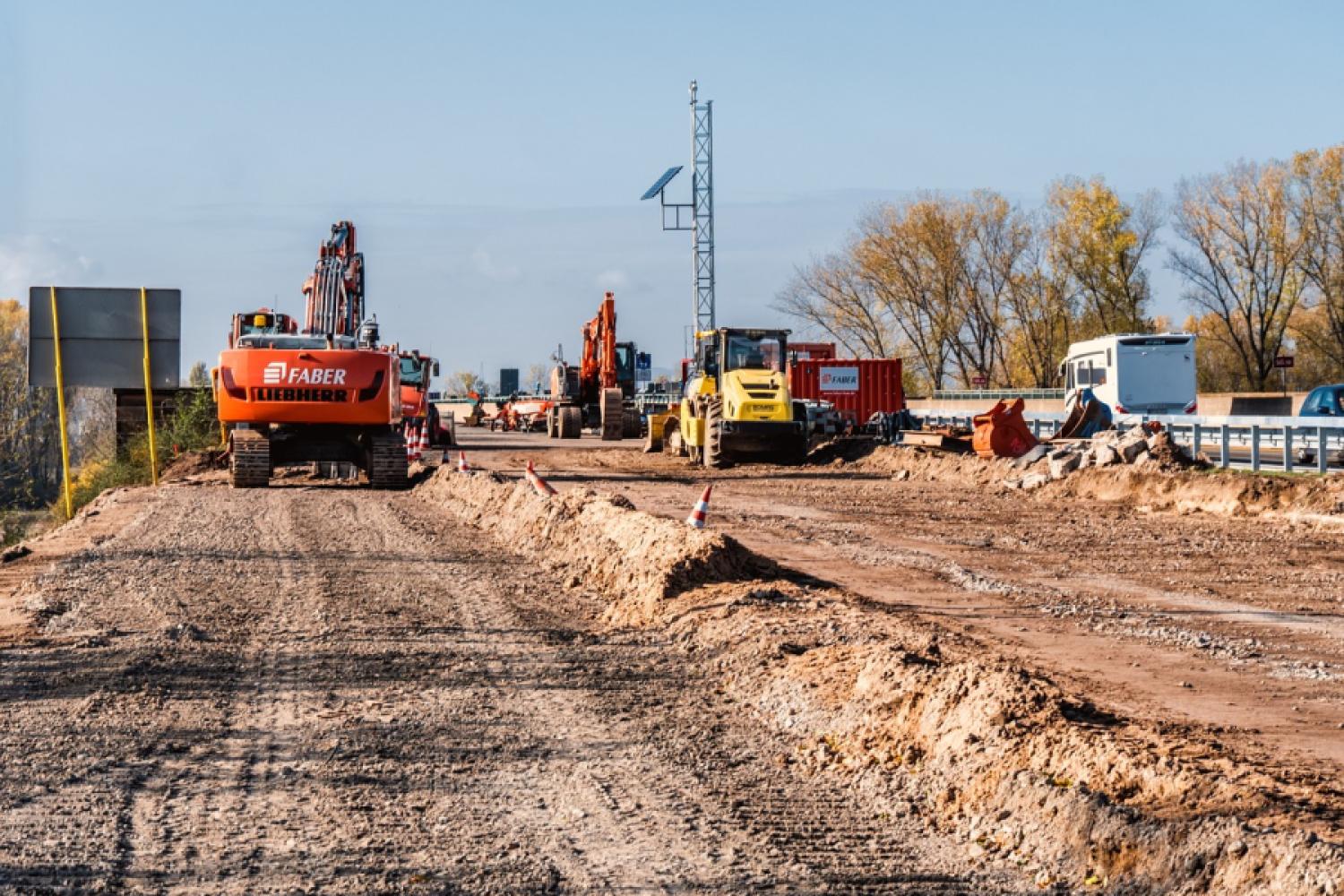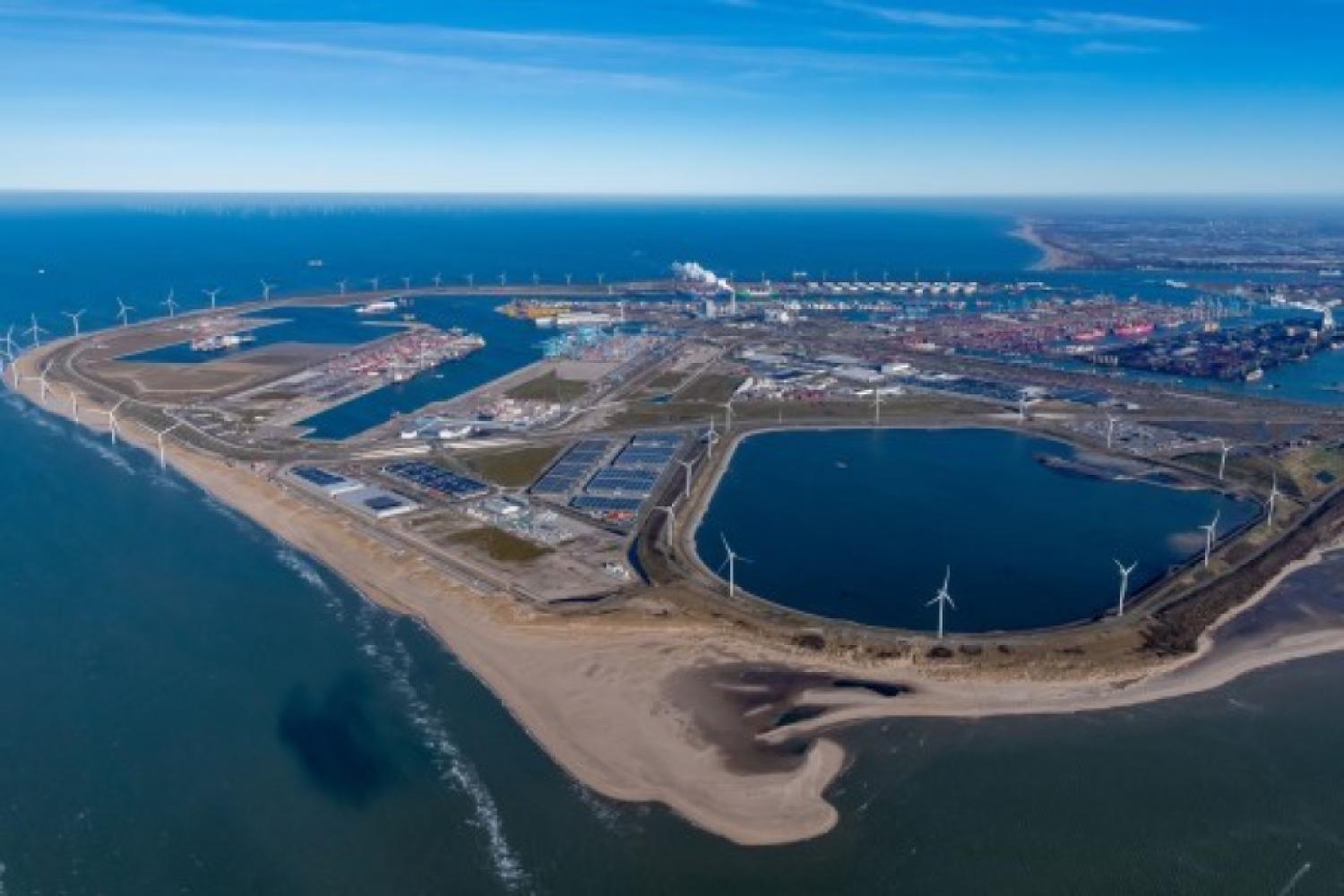The new Federal Minister of Transport, Patrick Schnieder, delivered his first government statement in the Bundestag on May 15. In it, the CDU politician specifically addressed the infrastructure deficiencies in Germany, the public's desire for reliable transport routes, and his approach to existing challenges.
The funds from the Federal Government's special infrastructure fund should, according to Schnieder, be deployed as quickly as possible where they are needed.
"With the Federal Government's financial package, we are once again able to initiate investments. Now it is about deploying this money as quickly as possible," Schnieder said in his speech.
To expedite the implementation of construction and repair works, the Federal Ministry of Transport plans to accelerate and streamline planning and approval processes. This includes digitizing procedures nationwide, reducing duplicate checks, establishing uniform procedural laws for infrastructure projects, shortening deadlines, and changing the right of associations to file suits.
The ministry aims to focus primarily on core issues, especially eliminating the
infrastructure backlog. The renovation of bridges, tunnels, roads, and railways is a priority. During implementation, the principle of maintenance over new construction applies. By expanding federal highways and closing gaps on motorways, the ministry aims to save detours for people and businesses and advance climate protection.
"We are expressly committed to the set climate targets. At the beginning of this legislative period, we will establish an expert forum for climate-friendly mobility and infrastructure so that we know from the start which paths we must take to meet climate targets," said Schnieder.
An important element in this is improving rail transport routes, where investment is planned to be increased.
"It is clear: Every investment in the railways is active climate protection. But it is also clear that the system must function again. It must be reliable and punctual - in the interest of the people, but also in the interest of the country."
Schnieder emphasized that this reliability also
applies to freight transport and logistics. Companies in Germany must be able to rely on traffic routes and logistical processes working smoothly. The Federal Minister of Transport explicitly wants to promote both areas. Schnieder also expressed in his speech that he intends to approach his tasks thoughtfully and systematically. The challenges must be tackled in the right order. For the politician, the dilapidated infrastructure is at the forefront, followed by personnel discussions, as recently occurred with the federally owned Deutsche Bahn.
Thoroughness and care are also priorities for Schnieder in the general renovation of the high-capacity rail corridors. The ministry is committed to the plan of improvement but wants to decide individually whether a full closure, like on the Riedbahn last year, is necessary on all routes. Moreover, area renovations should not suffer from projects around high-capacity corridors. Schnieder's agenda also includes the expansion and upgrading of waterways and inland and seaports in Germany. The digitalization of transport
routes and infrastructures should also be further advanced, even though there is now a separate ministry for digitalization projects.
Meanwhile, initial reactions from associations to Patrick Schnieder's government statement have emerged. Verena Graichen, Head of Policy at the German Federation for the Environment and Nature Conservation (BUND) said:
"After today it is clear: Federal Minister Schnieder wants to turn in all directions at once. His statement contained good approaches for investments in rail infrastructure and strengthening public transport. However, he does not announce a necessary and courageous shift towards a mobility transition. The announced acceleration of planning for infrastructure construction must not come at the expense of environmental and nature conservation. The right of associations to file suits must remain a key component in reviewing projects. There needs to be transport planning based on climate, nature, and environmental protection guidelines. Taking maintenance over new construction seriously also requires stopping the expansion and new construction of environmentally destructive and

